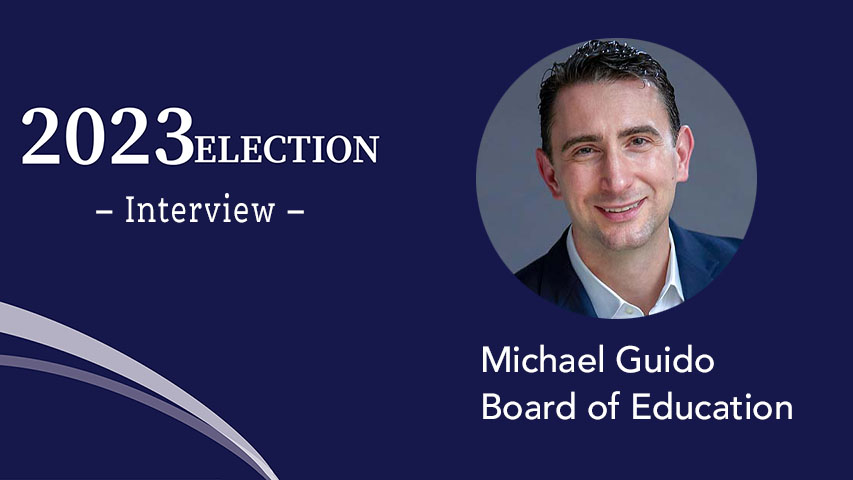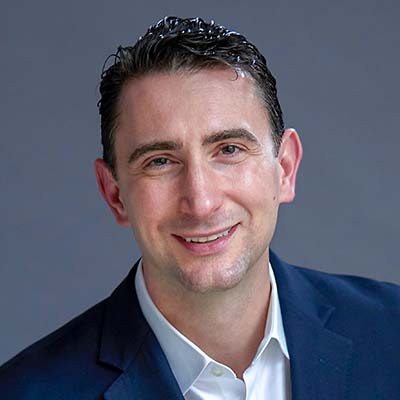Michael Guido, Board of Education

 Michael Guido is a Republican candidate for the Board of Education. He and his family have been Weston residents for over six years. Professionally, he leads investor relations programs for corporations and private equity funds.
Michael Guido is a Republican candidate for the Board of Education. He and his family have been Weston residents for over six years. Professionally, he leads investor relations programs for corporations and private equity funds.
Mr. Guido freely admits that he is new to involvement in civic affairs. He said it began when he expressed his views about school security at a Board of Education meeting in April, having been unsatisfied with responses to emails.
He said a group of parents concerned about the matter got together, and that was when he decided to “become more engaged, and not be afraid to push an issue.”
“We’re are not all going to agree,” he said, “and that’s fine. But I think if you are more communicative and tap into the collective intelligence of the town, you can try to build consensus and alignment.”
Mr. Guido’s signature issue is a call for armed police officers at all Weston schools. Currently, School Resource Officers (SROs) cover all four schools but are primarily assigned to the high school and middle school. In addition, a police officer patrols the campus, and security personnel work at the elementary schools, but are not armed.
“I’m pushing for it because no one has told me why it shouldn’t be,” said Mr. Guido. “I’ve seen no evidence as to why it’s okay for the upper two schools and not the lower two schools. And why do surrounding towns have armed security in elementary schools but we don’t?”
He said his thoughts “are adjusting” as to whether the positions should be SROs (an officer with specialized skills, mainly applicable to older students) or SSOs (armed School Security Officers). He said, “the Second Amendment isn’t going to change anytime soon. You have to adjust to the environment in which you find yourself.”
Mr. Guido said he “has the impression” that the Board of Education only discusses test scores, rankings, and capital improvement plans behind closed doors. He said he was “alarmed” to learn only recently that a study of school facilities was conducted in 2017, revealing infrastructure issues that would require more than $30 million at the middle school alone.
“People just keep pointing fingers at other boards,” he said, “and nothing gets done.” He said there should be greater accountability, better communication, and a shift of perspective on the Board of Education about “how they address the town.”
Mr. Guido he has “no idea” why test scores have gone down, and said even if it is a widespread issue, “why should we accept that? We shouldn’t. Is it because of changes to curriculum? Is it that we aren’t attracting the right staff? Is it specific to a cohort of students?”
“These are questions we need to ask,” said Mr. Guido. “And we need to develop an action plan with measurable metrics.”
Mr. Guido said the school district “could be top heavy” with administrators, and wouldn’t be alone in that regard, citing examples of colleges with nearly equivalent numbers of administrators and students.
He said he doesn’t know much about the newly-added administrative positions of Curriculum Instruction Leaders (CILs). “I just think we have to apply prudence to issues and an analytical framework.” If elected to the Board, he said he would be “an outspoken advocate for students, not the administration.”
Mr. Guido said he would bring to the Board skills he has developed in investor relations, “where I have been tasked with communicating between the C-suite of public companies and Wall Street investors, distilling issues into items people can digest, and communicating them to build consensus and alignment.”
